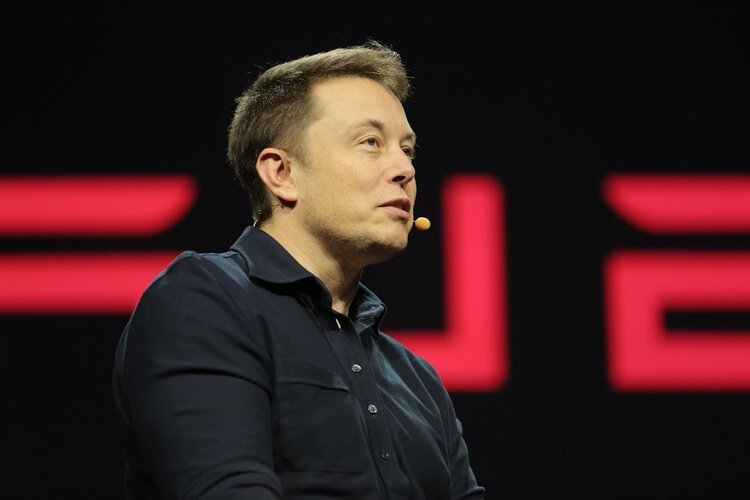Tesla has recently reported impressive Q3 results that exceeded expectations in various key areas. Earnings per share came in at $0.72, beating the expected $0.59, while profits were 20% higher than anticipated. Although revenue growth was at its highest level in a year, it narrowly missed analyst estimates. Production and deliveries of electric vehicles (EVs) surpassed expectations, with a 9% increase in production and a 6% rise in deliveries. Notably, the cybertruck emerged as the third-highest selling EV in the US and the best-selling utility vehicle of its size. With Tesla’s Model Y and 3 also leading the electric vehicle market, the question arises of how long Tesla can maintain its position as the top EV manufacturer amid increasing competition.
The positive outlook provided by Tesla’s latest earnings report has been well-received by the market, with a 9% post-market trading surge in Tesla shares. The company plans to introduce more affordable models utilizing aspects of its next-generation platform in the first half of 2025. This move towards monetizing the new platform, coupled with the expectation of slight growth in EV deliveries compared to 2023, has contributed to a positive impact on the stock price. However, meeting the 2024 delivery target remains a significant challenge, as Tesla would need to deliver 30,000 more vehicles in Q3 2024 than in the previous year to achieve its target of 1.8 million vehicles.
Tesla’s energy business is also thriving, with strong sales of Tesla Powerwall chargers and the development of a new Powerwall 3 product. The standout aspect of the recent earnings report was the automotive gross margin for Q3, which exceeded expectations at 17.1%. Tesla attributes this margin boost to lower production and material costs, signaling the positive impact of lower inflation levels on corporate bottom lines. Additionally, increased demand for Tesla’s AI and self-driving technology is expected to further enhance margins.
Overall, Tesla’s recent earnings report paints a positive picture with growing deliveries, higher gross margins, and improved production efficiency. The lower cost of raw materials, highlighted in the report, along with increased demand for its AI technology, positions Tesla as a strong contender in the evolving EV market. The stock’s volatility has been offset by the positive earnings results, signaling potential for further upside in the coming days.
Tesla’s success in the luxury market also reflects shifting consumer trends towards more reasonably priced products with advanced technology features. The company’s strong performance contrasts sharply with luxury goods giant Kering, whose flagship brand Gucci experienced a significant decline in sales, leading to a 25% drop in Q3 revenue compared to the previous year. This disparity suggests a changing consumer preference for utility and tech capabilities over traditional luxury items, indicating a broader shift towards more practical and technologically advanced products.
In conclusion, Tesla’s recent earnings report not only highlights its strong financial performance and continued dominance in the EV market but also underscores broader consumer trends towards more affordable, tech-centric products. As Tesla navigates the competitive landscape of the global EV market, its ability to innovate and meet evolving consumer demands will be crucial in maintaining its position as a leader in the industry. The company’s positive outlook and impressive results bode well for both investors and consumers looking for sustainable, tech-driven transportation solutions.










